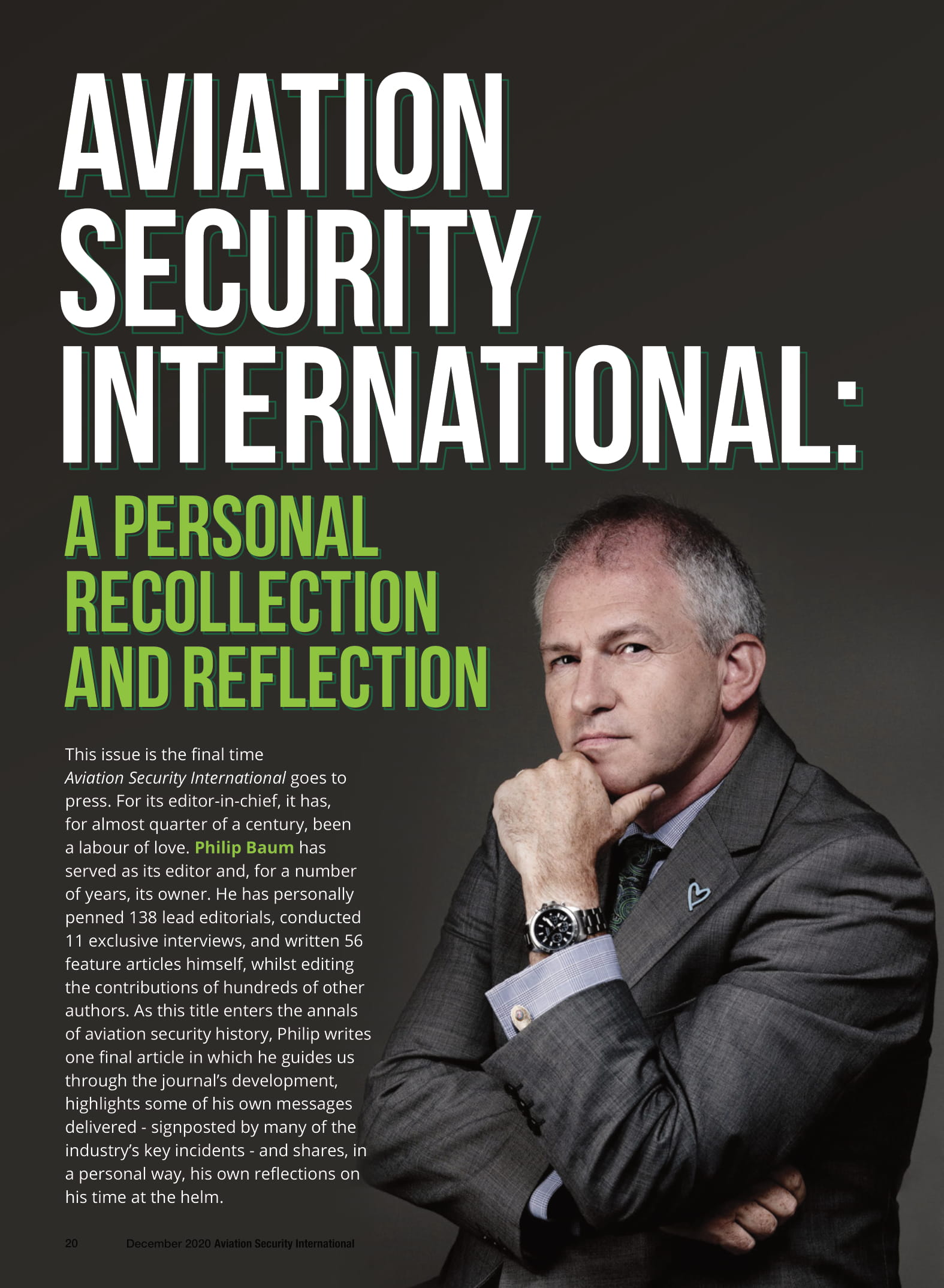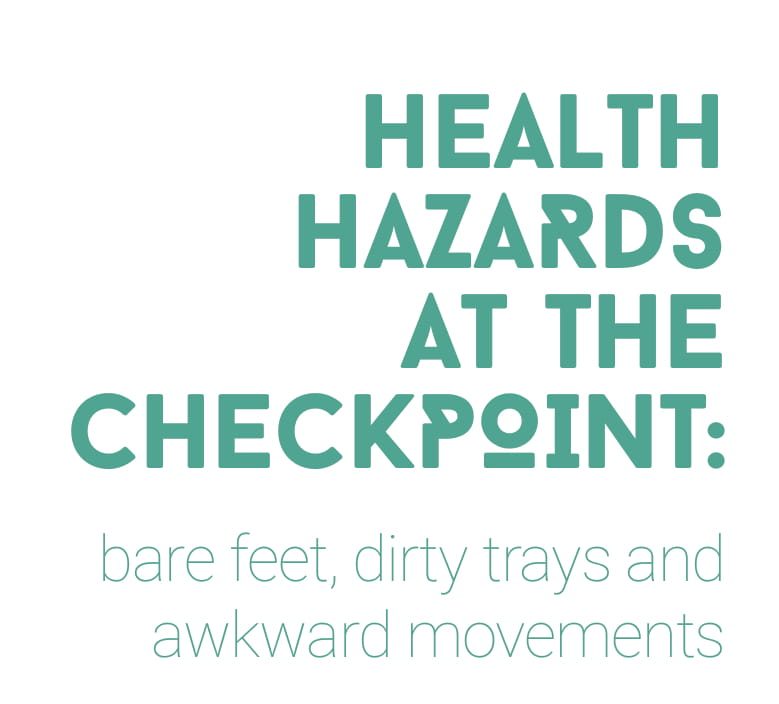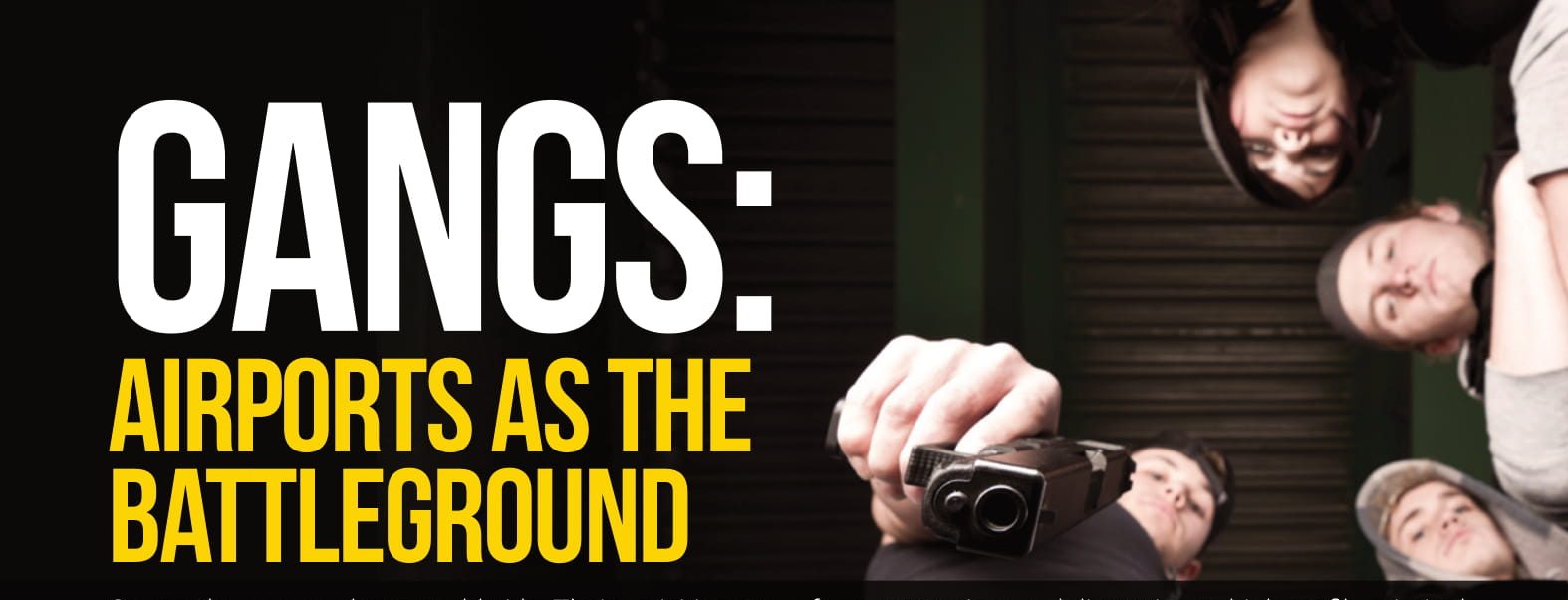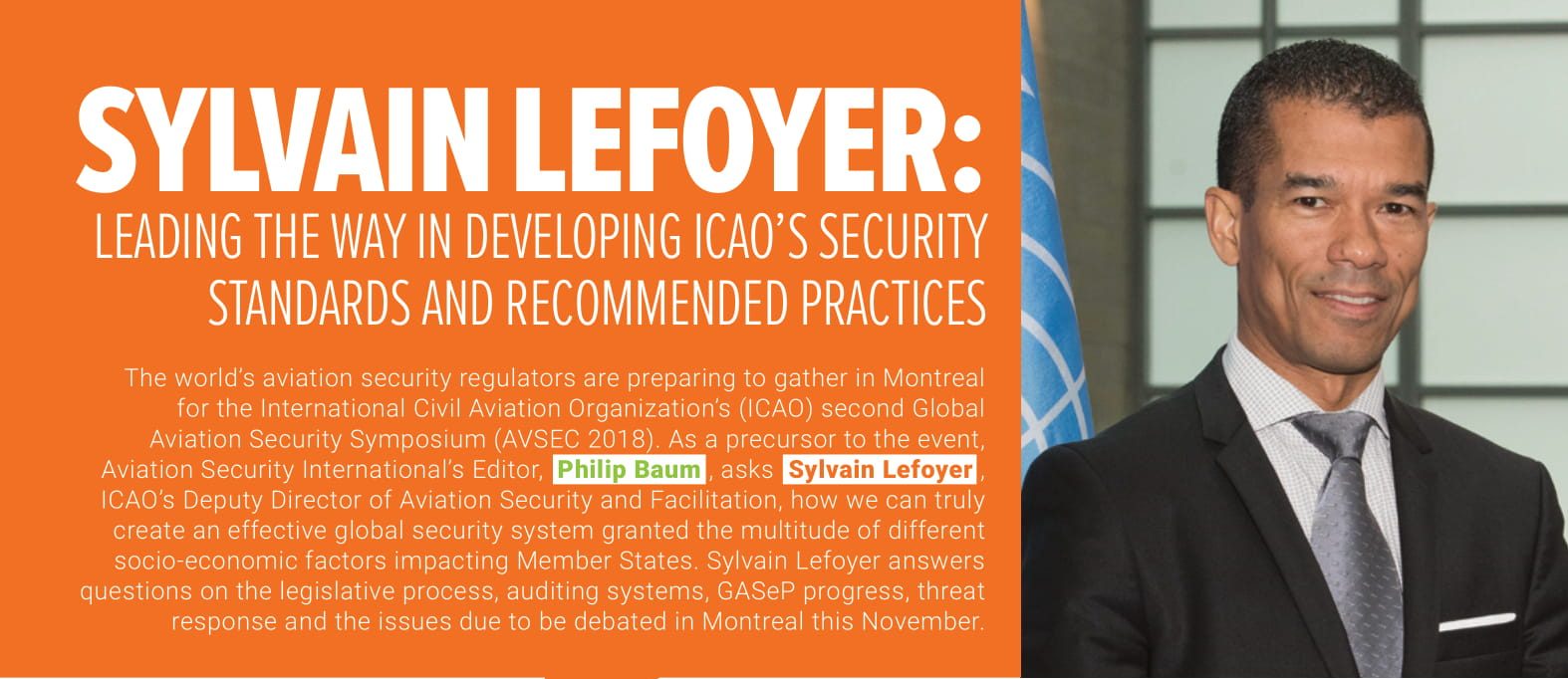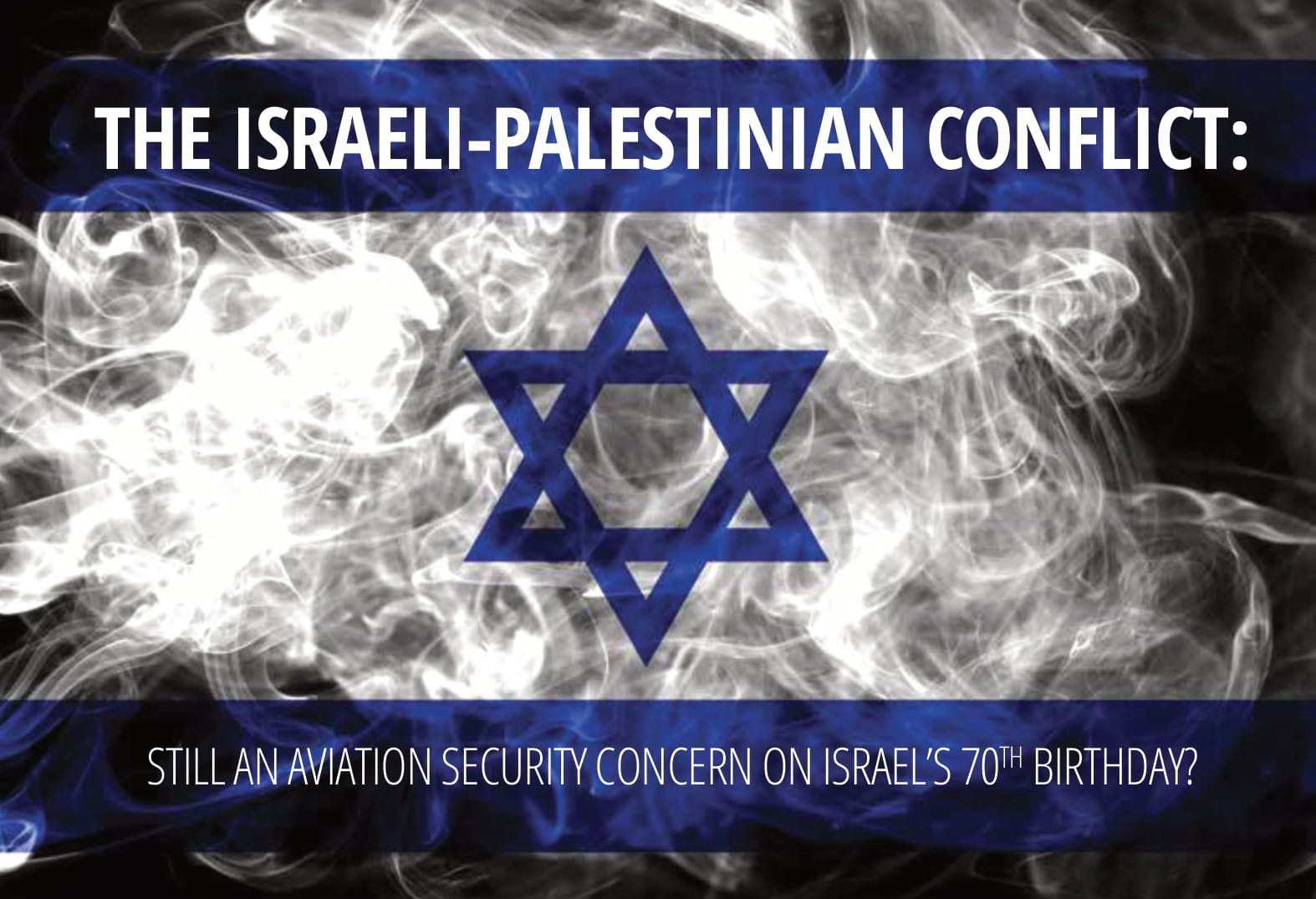Aviation Security International: a personal recollection and reflection
This issue is the final time Aviation Security International goes to press. For its editor-in-chief, it has, for almost quarter of a century, been a labour of love. Philip Baum has served as its editor and, for a number of years, its owner. He has personally penned 138 lead editorials, conducted 11 exclusive interviews, and written 56 feature articles himself, whilst editing the contributions of hundreds of other authors. As this title enters the annals of aviation security history, Philip writes one final article in which he guides us through the journal’s development, highlights some of his own messages delivered - signposted by many of the industry’s key incidents - and shares, in a personal way, his own reflections on his time at the helm.


